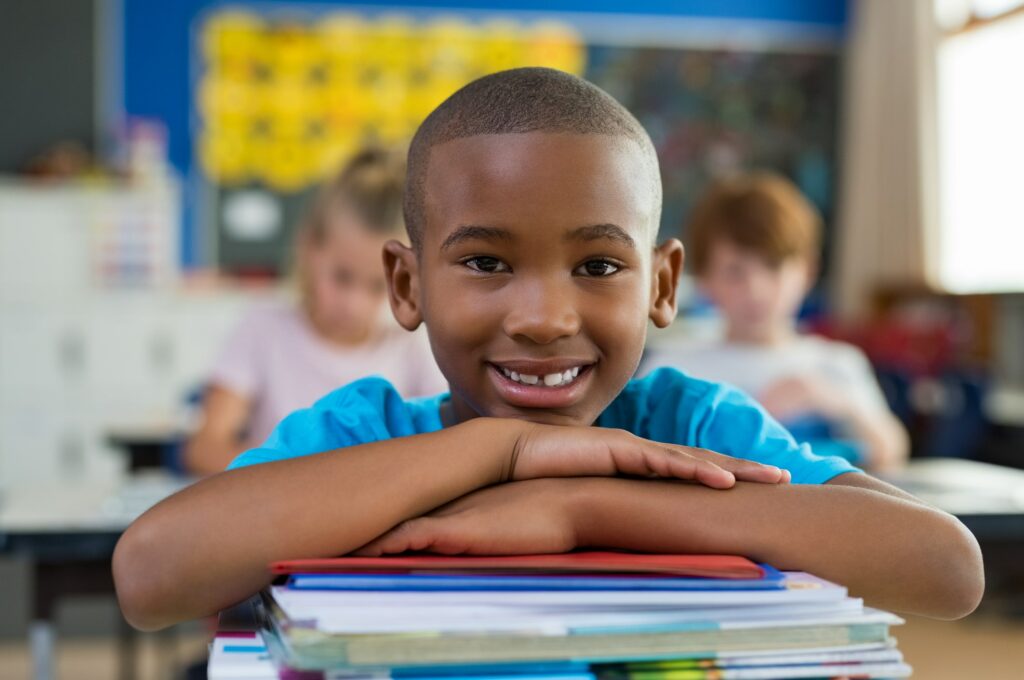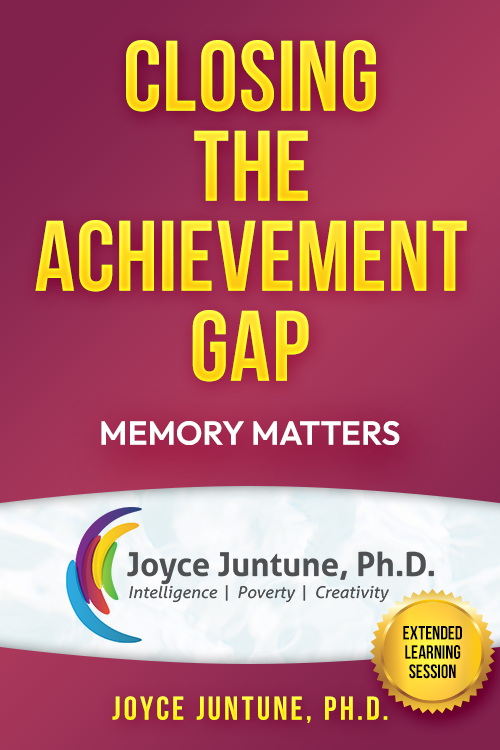In the realm of education and learning, understanding how our memory works is akin to holding the master key to unlocking our full potential. Dr. Joyce Juntune, in her insightful course, Closing the Achievement Gap Memory Matters – Extended Learning Session, delves deep into the intricacies of memory and its profound impact on learning. This exploration is not just academic; it’s a journey to empower educators and learners alike.
The Symphony of Memory and Learning
Memory isn’t a solitary island; it’s a bustling metropolis, interconnected in many ways. Dr. Juntune eloquently states, “The more pieces you can bring together, the more effective the learning is going to be.” This statement underscores one fundamental truth: learning is most effective when it’s integrative. When we connect new information with existing knowledge, use multiple senses, and engage in active learning, the learning experience becomes not only more profound but also more enduring.
- Integrating Senses and Subjects: Learning is not just about memorizing facts. It’s about weaving these facts into the rich tapestry of our existing knowledge and experiences. When subjects are taught in isolation, they often remain just that – isolated in our memory. But when interconnected, they become part of a bigger picture, easier to recall and apply.
- Active Engagement: Passive learning is like trying to fill a leaky bucket. Active engagement, on the other hand, is akin to building a reservoir. It’s about making learning a two-way street, where you’re not just receiving information but interacting with it, questioning it, and applying it.
Understanding to Remember

Dr. Juntune’s second profound insight, “You only remember what you understand, and learning means that content is understood and connected in multiple ways in the brain,” highlights a crucial aspect of learning. It’s not enough to simply be exposed to information. For lessons to truly stick, we need to understand them to see how they fit into the larger puzzle of our knowledge.
- Making Connections: The brain loves patterns and connections. When we learn something new, our brain tries to link it to something we already know. This connection-making is not just a memory technique; it’s a fundamental way our brain makes sense of the world.
- Depth Over Breadth: In our quest to cover more ground, we often skim the surface. However, depth of understanding is what truly anchors knowledge in our memory. It’s better to fully grasp a few concepts than to have a fleeting acquaintance with many.
Strategies for Effective Memory Utilization
Memory is not only about storage, but retrieval. How we store information determines how easily we can retrieve it. Here are some strategies to enhance this process:
- Use of Visual Aids: Visual aids are not just supplementary; they are central to learning. A well-designed chart or diagram can convey more than pages of text.
- Repetition with Variation: Repetition is key to memory, but it doesn’t have to be monotonous. Revisiting the same concept through different angles and contexts can reinforce learning without it becoming tedious.
- Teaching Others: One of the best ways to solidify your understanding of a concept is to teach it to someone else. This not only reinforces your own learning but also helps you see the concept from new perspectives.
Final Thoughts
The journey through Closing the Achievement Gap Memory Matters – Extended Learning Session with Dr. Joyce Juntune is more than just an academic endeavor. It’s a transformative experience that reshapes our understanding of learning and memory. By embracing these insights and strategies, we can not only enhance our own learning but also empower those we teach. Remember, effective learning isn’t just about what we cover; it’s about what we discover and how deeply we understand it.


